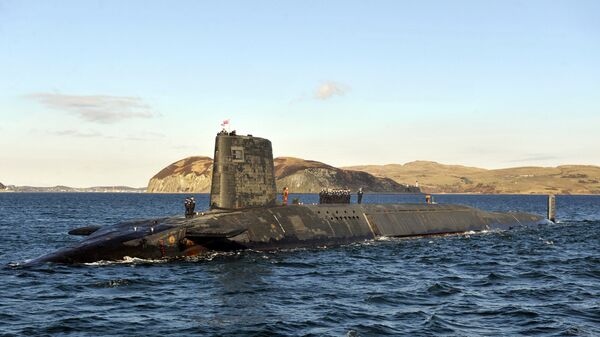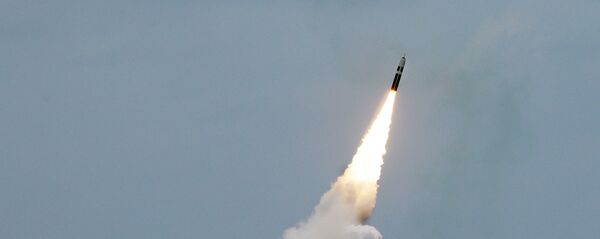MOSCOW (Sputnik) – Authors of the report recommend those responsible for the decision-making process to invest in cyberdefense, to consider strategies that build resilience within the systems, and to incorporate cyberthreats into relevant assessments for choosing weapon systems, platforms, and broader defense and security strategies.
"A successful attack could neutralize operations, lead to loss of life, defeat or perhaps even the catastrophic exchange of nuclear warheads (directly or indirectly). But the very possibility of cyber-attack and the growing capability to launch them against SSBNs [ballistic missile submarines], could have a severe impact upon the confidence of maintaining an assured second-strike capability and therefore on strategic stability between states," the report issued on Wednesday said.
The report denied the suggestions that the isolated "air-gapped" systems could not be targeted by cyberattacks.
"Trident’s sensitive cyber systems are not connected to the internet or any other civilian network. Nevertheless, the vessel, missiles, warheads and all the various support systems rely on networked computers, devices and software, and each of these have to be designed and programmed. All of them incorporate unique data, and must be regularly updated, upgraded, reconfigured and patched," the report said.
The report also points out that the submarines are vulnerable to hacking when they are docked at the Faslane naval base in Scotland, which has been from time to time criticized for poor security conditions.



